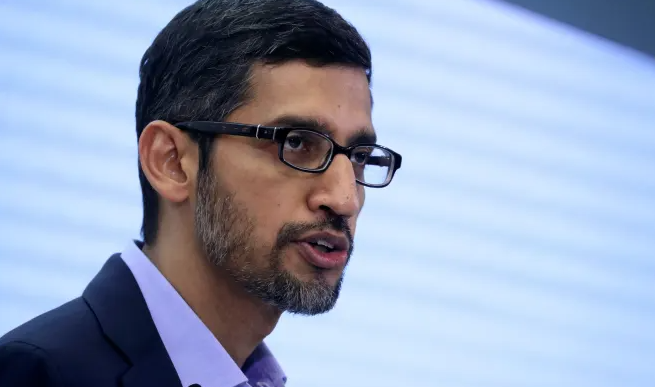Google on Wednesday announced a suite of new health-care AI models called MedLM.
The move marks Google’s latest attempt to monetize health-care industry AI tools, as competition for market share remains fierce between competitors like Amazon and Microsoft.
Google said it plans to introduce health-care-specific versions of Gemini, the company’s newest and “most capable” AI model, to MedLM in the future. announced a suite of new health-care-specific artificial intelligence models designed to help clinicians and researchers carry out complex studies, summarize doctor-patient interactions and more.
The move marks Google’s latest attempt to monetize health-care industry AI tools, as competition for market share remains fierce between competitors like Amazon
and Microsoft CNBC spoke with companies that have been testing Google’s technology, like HCA Healthcare, and experts say the potential for impact is real, though they are taking steps to implement it carefully.
The MedLM suite includes a large and a medium-sized AI model, both built on Med-PaLM 2, a large language model trained on medical data that Google first announced in March. It is generally available to eligible Google Cloud customers in the U.S. starting Wednesday, and Google said while the cost of the AI suite varies depending on how companies use the different models, the medium-sized model is less expensive to run.
Google said it also plans to introduce health-care-specific versions of Gemini, the company’s newest and “most capable” AI model, to MedLM in the future.
Aashima Gupta, Google Cloud’s global director of health-care strategy and solutions, said the company found that different medically tuned AI models can carry out certain tasks better than others. That’s why Google decided to introduce a suite of models instead of trying to build a “one-size-fits-all” solution.
For instance, Google said its larger MedLM model is better for carrying out complicated tasks that require deep knowledge and lots of compute power, such as conducting a study using data from a health-care organization’s entire patient population. But if companies need a more agile model that can be optimized for specific or real-time functions, such as summarizing an interaction between a doctor and patient, the medium-sized model should work better, according to Gupta.

